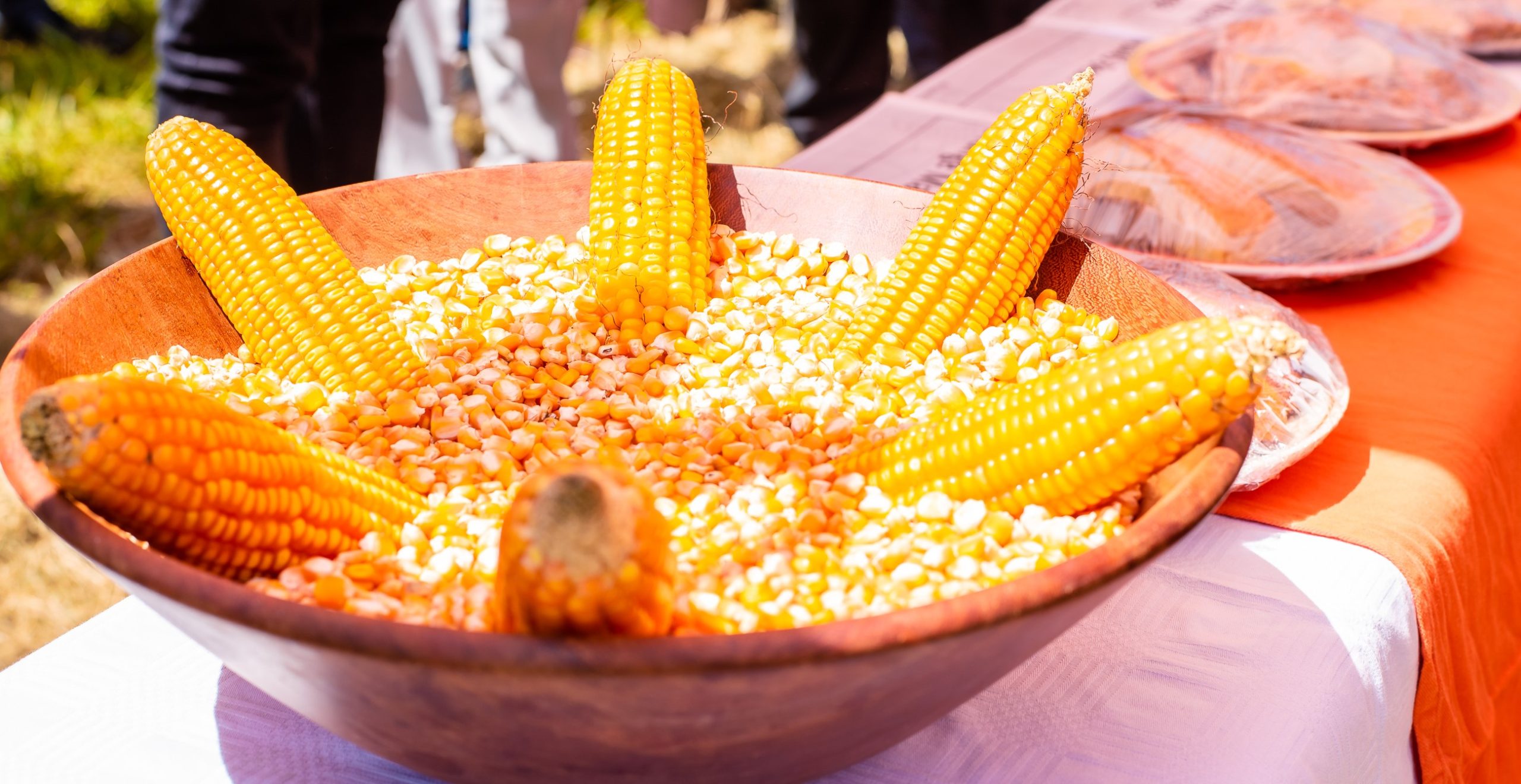CSIR-STEPRI rolls out aflatoxins prevention for maize, groundnut

CSIR-STEPRI has launched the “EAMMAG” initiative to curb aflatoxin contamination in maize and groundnuts, improving food safety, public health, and trade. It aims to enhance value chain knowledge, expand testing facilities, and boost traceability via digital platforms. Supported by government policies, the project addresses trade losses, strengthens policy frameworks, and promotes science-driven solutions across six regions in Ghana.
The Council for Scientific and Industrial Research (CSIR) – Science and Technology Policy Research Institute (STEPRI) has launched an initiative to safeguard maize and groundnut production from harmful toxins, particularly aflatoxins, which pose significant health risks and economic losses.
The initiative, dubbed; “Enhancing Aflatoxin Management in Ghana’s Maize and Groundnut (EAMMAG),” is expected to enhance food safety, protect public health and boost the competitiveness of the country’s maize and groundnut exports on international markets.
It will increase the knowledge and skills of value chain actors to ensure compliance with aflatoxin specifications in maize and groundnut products, while improving their access to resources that facilitate adherence to aflatoxin control practices.
Additionally, the project seeks to expand access to aflatoxin testing facilities in the project districts and enhance traceability practices through a digitised platform that provides value chain actors with real-time information and improved market access.
The initiative will also support the work of the Committee on Contaminants in Foods (CCCF) by supplying data on aflatoxin contamination in maize and groundnuts during the baseline and monitoring phases of the project.
The project, launched yesterday in Accra, brought together stakeholders in the agribusiness industry including government agencies, private businesses, non-governmental organisations (NGO) and civil society organisations (CSOs).
Aflatoxins
Aflatoxins are various poisonous carcinogens and mutagens that are produced by certain molds that can contaminate various foods and feeds including rice, cocoa beans, spices and figs.
They contaminate foods and feeds during storage, processing, and transportation, especially in conditions favourable for fungal growth such as high humidity and warm temperatures.
Consuming aflatoxin-contaminated food can lead to severe health issues, including liver cancer, immune suppression, and stunted growth in children while in animals they can reduce growth, decrease milk or egg production and cause reproductive problems. It will be implemented in six regions across the country namely Upper West, Upper East, Ashanti, Bono East, Oti Region and Greater Accra.
Government commitment
In a speech read on his behalf, the Minister of Environment, Science and Technology (MEST), Dr Ibrahim Murtala Muhammed, highlighted the significance of the project towards public health, food security and trade.
He said the project aligned the nation’s commitment to enhancing food safety and market access recalling that the government adopted the National Policy for Aflatoxin Control in 2021 and passed a Technical Regulation on Aflatoxin Control in Maize in 2020 to address these challenges.
He further emphasised the role of science, technology, and stakeholder collaboration in implementing innovative solutions and reaffirmed the government’s committed to supporting science-based solutions and strengthening partnerships that enhance food safety, public health, and agricultural resilience.
Economic stain
The Deputy Director-General of CSIR, Professor Marian Quain, said aflatoxin contamination in maize and groundnuts had severe economic consequences, particularly for trade.
She explained that many international markets, including the European Union (EU), impose strict aflatoxin limits, leading to frequent export rejections and financial losses for Ghanaian farmers and agribusinesses.
Prof Quain stressed that project seeks to enhance food safety standards, improve traceability, and increase compliance with international regulations, ensuring Ghanaian products can compete in global markets.
The Director of CSIR-STEPRI, Dr Wilhemina Quaye, said addressing aflatoxin contamination is critical for enhancing food security, improving the livestock feed industry, and increasing trade volumes and values.
She stated that in Africa alone, trade losses due to aflatoxin contamination amount to an estimated $450 million annually, representing 38 per cent of global agricultural losses.
The project, Dr Quaye said, would promote the adoption of innovative technologies, strengthen policy frameworks, and improve access to aflatoxin testing facilities to mitigate risks and ensure safer food production.
To read more about Maize News continue reading Agriinsite.com
Source : Graphic Online
















